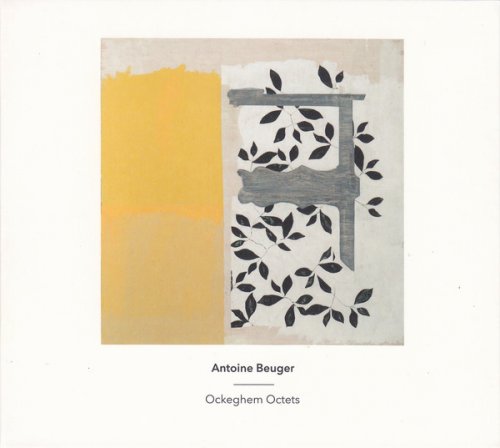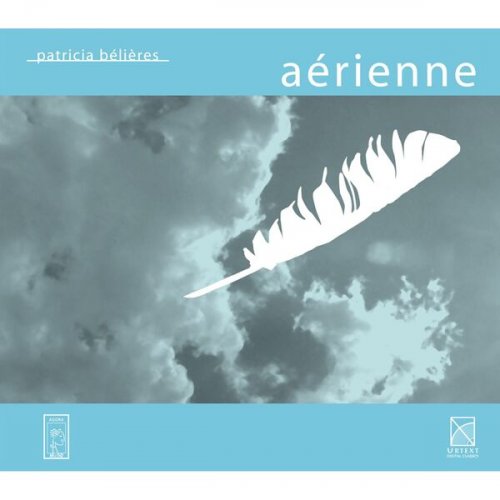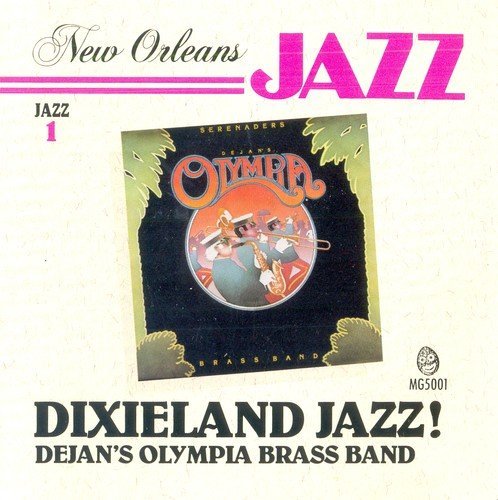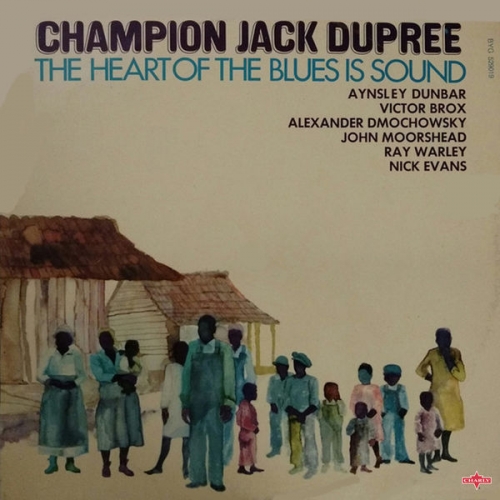Antoine Beuger - Ockeghem Octets (2017)

Artist: Antoine Beuger
Title: Ockeghem Octets
Year Of Release: 2017
Label: Another Timbre
Genre: Classical, Avant-Garde
Quality: FLAC (tracks)
Total Time: 67:36 min
Total Size: 306 MB
WebSite: Album Preview
Tracklist:Title: Ockeghem Octets
Year Of Release: 2017
Label: Another Timbre
Genre: Classical, Avant-Garde
Quality: FLAC (tracks)
Total Time: 67:36 min
Total Size: 306 MB
WebSite: Album Preview
01. Ockeghem Octets 2:51
02. Ockeghem Octets 2:53
03. Ockeghem Octets 2:51
04. Ockeghem Octets 2:39
05. Ockeghem Octets 3:01
06. Ockeghem Octets 2:41
07. Ockeghem Octets 3:02
08. Ockeghem Octets 2:44
09. Ockeghem Octets 2:35
10. Ockeghem Octets 2:51
11. Ockeghem Octets 2:29
12. Ockeghem Octets 2:48
13. Ockeghem Octets 2:36
14. Ockeghem Octets 2:32
15. Ockeghem Octets 2:44
16. Ockeghem Octets 2:32
17. Ockeghem Octets 2:46
18. Ockeghem Octets 3:06
19. Ockeghem Octets 2:29
20. Ockeghem Octets 2:35
21. Ockeghem Octets 2:37
22. Ockeghem Octets 2:20
23. Ockeghem Octets 2:45
24. Ockeghem Octets 2:41
25. Ockeghem Octets 2:40
Between "dedekind duos" (2003) and "ihwe tunings for twenty" (2005), Wandelweiser co-founder Antoine Beuger wrote a series of pieces for groupings of all sizes from two members up to twenty, the scores being published by Wandelweiser. In each piece, the musicians softly play long, sustained notes designated in the score, with the ebbing and flowing tones creating pleasing soundscapes that slowly evolve. Each of the series was dedicated to one of Beuger's heroes, with the name of any series being selected largely for reasons of alliteration, as in "Ockeghem Octets." Another Timbre releases have already featured two other series, the double-disc set of Cantor Quartets (2013) and tschirtner tunings for twelve (The Berlin series no. 5) (2014) by Konzert Minimal. So, numerically, Ockeghem Octets fits in nicely alongside those two.
Recorded in Sheffield in February 2017, this disc features versions of twenty-five of the fifty pages of the Ockeghem Octets score, performed by an octet that includes melodica, concertina, harmonium, e-bow zither, cello, flute, accordion and alto flute. That instrumentation was well chosen as all eight instruments can easily produce sustained notes and their sounds blend together beautifully. Each page of the twenty-five features two lines of four tones which are all played long and softly; four of the musicians play one line of tones, each in their own time, and the other four musicians play the other line. Together, the twenty-five pieces run for about sixty-eight minutes, an average of about two-and-a-half-minutes per piece.
So, there is plenty of variety here because the music changes frequently, but that does not lead to incoherence as the pieces have an overarching unity that binds them all together. Like the albums of Cantor quartets and Tschirtner tunings for twelve, this music belies the oft-repeated stereotype of Wandelweiser music being sparse and punctuated by silences. In the hands of the eight musicians, Beuger's eight notes per piece are transformed into a satisfying series of rich soundscapes replete with drama and emotion. Given that each piece specifies no more than the notes and the playing methodology, it feels as if the octet has performed alchemy. Of course, Beuger deserves due credit for designating series of eight notes that combine so well together. It is remarkable to reflect that, in other hands, the same eight notes could have produced results that were very different but just as impressive...
Antoine Beuger has spoken of the effect on the music of moving from a duo to a trio to a quartet etc. That effect is plain to hear when comparing the quartet, octet and twelve-piece group on the available Another Timbre discs. Of course, there is plenty of scope to fine tune such comparisons by releasing recordings of the missing numbers, quintet, sextet, septet, nonet.... (you get the idea.) On the evidence so far, we must hope they will follow.
Recorded in Sheffield in February 2017, this disc features versions of twenty-five of the fifty pages of the Ockeghem Octets score, performed by an octet that includes melodica, concertina, harmonium, e-bow zither, cello, flute, accordion and alto flute. That instrumentation was well chosen as all eight instruments can easily produce sustained notes and their sounds blend together beautifully. Each page of the twenty-five features two lines of four tones which are all played long and softly; four of the musicians play one line of tones, each in their own time, and the other four musicians play the other line. Together, the twenty-five pieces run for about sixty-eight minutes, an average of about two-and-a-half-minutes per piece.
So, there is plenty of variety here because the music changes frequently, but that does not lead to incoherence as the pieces have an overarching unity that binds them all together. Like the albums of Cantor quartets and Tschirtner tunings for twelve, this music belies the oft-repeated stereotype of Wandelweiser music being sparse and punctuated by silences. In the hands of the eight musicians, Beuger's eight notes per piece are transformed into a satisfying series of rich soundscapes replete with drama and emotion. Given that each piece specifies no more than the notes and the playing methodology, it feels as if the octet has performed alchemy. Of course, Beuger deserves due credit for designating series of eight notes that combine so well together. It is remarkable to reflect that, in other hands, the same eight notes could have produced results that were very different but just as impressive...
Antoine Beuger has spoken of the effect on the music of moving from a duo to a trio to a quartet etc. That effect is plain to hear when comparing the quartet, octet and twelve-piece group on the available Another Timbre discs. Of course, there is plenty of scope to fine tune such comparisons by releasing recordings of the missing numbers, quintet, sextet, septet, nonet.... (you get the idea.) On the evidence so far, we must hope they will follow.







![Manu Lafer - Duets (2026) [Hi-Res] Manu Lafer - Duets (2026) [Hi-Res]](https://www.dibpic.com/uploads/posts/2026-01/1768394079_cover.jpg)
